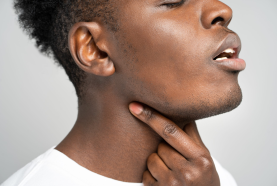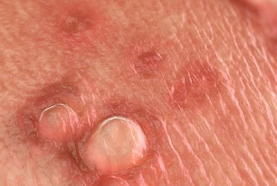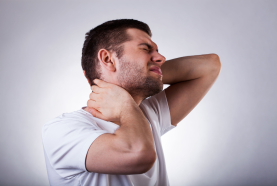What is Allergic Rhinitis (Seasonal Allergy)
Allergic rhinitis, commonly known as hay fever, is an allergic reaction to airborne substances like pollen. It occurs during specific seasons when certain plants pollinate.
Common Clinical Presentation
-
Sneezing
-
Runny or stuffy nose
-
Itchy or watery eyes
-
Itchy throat or ears
-
Postnasal drip
-
Fatigue (due to disrupted sleep or severe symptoms)
Avoidance
Stay indoors when pollen counts are high, close windows, and use air purifiers
Antihistamines
Over-the-counter antihistamines (e.g., cetirizine, loratadine) can relieve sneezing, itching, and runny nose.
Nasal Corticosteroids
Nasal sprays like fluticasone or mometasone can reduce inflammation and nasal symptoms.
Decongestants
Oral or nasal decongestants (e.g., pseudoephedrine) can help reduce nasal congestion, but should not be used for prolonged periods.
Saline Nasal Spray
Helps rinse out allergens and soothe nasal passages.
Allergy Shots (Immunotherapy)
In severe cases, long-term treatment with allergy shots may be recommended to build tolerance to allergens.
You should know
Consulting with a healthcare provider can help tailor the treatment plan based on individual symptoms and triggers.
Checkout Information
Get virtual care from a licensed clinician quickly —no appointment or insurance necessary.
One Time Purchase: $49.00
Answer a few health questions and our healthcare providers will review them within 2hrs with recommendations and prescription. Our consultation process is fast and straightforward.
Pick up any prescribed medication at a pharmacy of your choice.
Other Treatments

Laryngitis
Inflammation of the larynx leading to hoarseness or loss of voice.

Genital Warts
A sexually transmitted infection caused by certain strains of human papillomavirus (HPV), resulting in warts in the genital area.

Neck Pain
Pain or discomfort in the neck region.
